

Nine Questions of Undergraduate Research
From the dark web to poisonous spiders, undergraduates and their faculty mentors investigate big questions in a search for useful results.
H
ow compelling are questions?
A search for answers led Shannon Speir ’14 to sacrifice scant free time to pursue scholarly research as an undergraduate student. The cross-country athlete wanted to know if spiders could be conduits as mercury moves from water onto land.
Joselin Barajas ’16 wanted to understand how Mexican-American people deal with cancer-related pain. The results might help her father grapple with a life-threatening illness.
For undergraduates seeking answers through their own research, a TCU education has turned into a dynamic experience in curiosity.
“The process of science is something you have to do,” said Matt Chumchal, associate professor of biology and one of Speir’s research mentors.
“At TCU, we care about students. We are interested in students, and we actively mentor students,” said Linda Hughes, the Addy Levy professor of literature. “So no matter what kind of research [students] are interested in, they are going to get a lot of one-on-one help. It’s part of the campus culture.”
Across the university, professors devote time for the one-on-one guidance that undergraduate researchers require.
“It’s a team, with the faculty member providing the heavyweight background, and the student pushing the frontier,” said Nowell Donovan, provost and vice chancellor for academic affairs.
“We have curiosity. And research is directly related to curiosity. We are programmed to want to know.”
Provost Nowell Donovan
Undergraduate research has been a longtime component of the John V. Roach Honors College but has increased at other colleges and schools in recent years.
“For us, it’s an essential component of our college. Almost the core of our college mission is to engage our students in undergraduate research,” said Magnus Rittby, senior associate dean of the College of Science & Engineering. “We want to create something that’s unique and new and branches out in human endeavor, an expansion of human knowledge.”
Students who participate in research reap benefits. For example, for those seeking to further their education, undergraduate research “is going to give them an edge,” said Robin Melton, TCU’s director of the Ronald E. McNair post-baccalaureate achievement program.
“The university is allowing us to use [research] as a teaching tool, so we are really fortunate that TCU’s investment in us makes this possible,” said Chumchal. “For some [of the students], this will be a career-making experience.”
For other student investigators, the research experience might become the cornerstone of a lifelong quest for answers. “By nature we are alone among the species on the planet in that we’re inquisitive,” said Donovan. “We have curiosity. And research is directly related to curiosity. We are programmed to want to know.”
![]()
Read about these undergraduate researchers:

How can we keep cancer patients’ cultural experiences from impeding their treatment? Joselin Barajas – Nursing

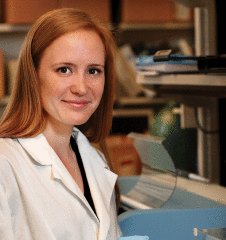
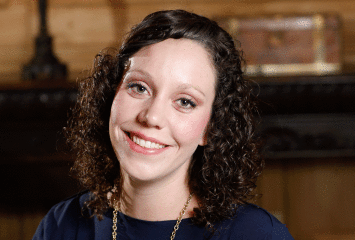



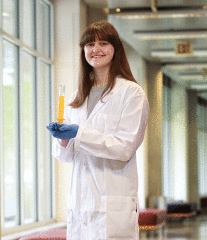
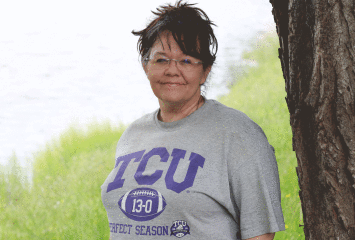
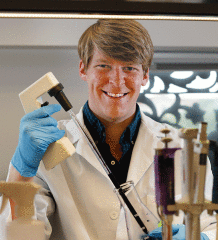
Your comments are welcome
Comments
Related reading:
Research + Discovery
Undergraduates Discuss Research Experience
Features
The classroom (r)evolution
Active learning has been in place at TCU for years. But with multidisciplinary Rees-Jones Hall now open, students and professors have a new technology-rich, 21st century place to learn together.